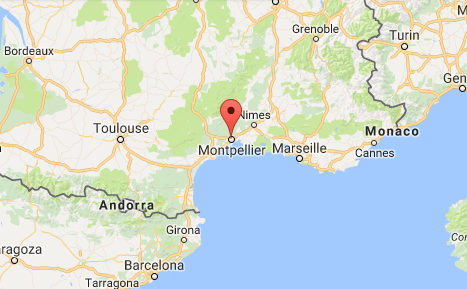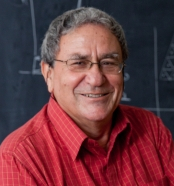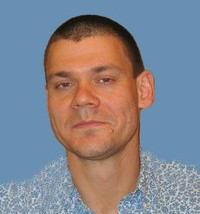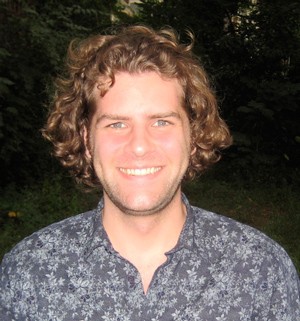
|
|
|
Welcome
GCC2017 is the 8th annual gathering of the Galaxy community
Hosted in Montpellier, France June 26-30, 2017
Late Registrations are open.
Submissions are still open for posters and lightning talk (if time available).
Galaxy Community Conferences are an opportunity to participate in presentations, discussions, demos, poster sessions, lightning talks and birds-of-a-feather gatherings, all about high-throughput biology and the tools that support it. GCC2017 will include keynote talks and exhibitors, and plenty of networking opportunities. There are also three days of pre-conference activities, including hackathons and training. If you work in data-intensive biomedical research, there is no better place than GCC2017 to present your work and to learn from others.
| Monday | 2 Hackathons | |
| Tuesday | 2 Hackathons + 1 training track | |
| Wednesday | 5 parallel training tracks | |
| Thursday | Conference + Birds of a feather meetups + Posters + Software Demos | |
| Friday | Conference + Birds of a feather meetups + Posters + Software Demos |
Complete events schedule
About Galaxy
Galaxy is an open, web-based platform for data intensive biomedical research. Whether on the free public server or your own instance, you can perform, reproduce, and share complete analyses. Galaxy's features include:
- A user-friendly interface
- Reproducibie and traceabie analyses
- Build reusable workflows from scratch or by extracting them from executed analyses
- Share data and processes between users
- Interfaces with any language
- Customise your own instance with tools you have developed or you have downloaded from the tool shed
For who ?
-
Workflow developers and power bioinformatics users
Use Galaxy to construct complex bioinformatics workflows and then run them repeatedly, share them with others, or publish them to the world. -
Sequencing and Bioinformatics core staff
Local Galaxy deployments can simplify analysis tasks and empower researchers by giving them direct access to managing custom analyses.
-
Bioinformatics tool developers and data providers
Integrate your tools and resources into the Galaxy ecosystem, increasing the tools’ visibility, and making them easier to use and integrate with other resources. -
Data and analysis archival specialists
Galaxy extends the goal of reproducibility from the bench to the computational realm. Galaxy records all steps in an analysis including datasets and tools and tool settings used, all without requiring any additional effort from the user.
- Researchers with more data than can fit into a spreadsheet
Galaxy enables bench scientists to do complex bioinformatics analyses that scale. Learn how to exploit your data.
Keynotes
Eytan Domany: Personalized Analysis of Cancer Data: From Genes to Pathways (and Back)
Dr. Eytan Domany will cover his work in human genomics and computational biology principally in the cancer domain. Eytan Domany is a Professor of Computational Systems Biology in the Department of Physics and Complex Systems at the Weizmann Institute of Science in Rehovot, Israel. The main focus of his group is to mine data from large-scale experiments in biology. The work includes development of mathematical methods, their implementation in algorithms (which are incorporated in user-friendly computational tools), which are then applied to study biological data. Eytan was awarded the Sergio Lombroso Award in Cancer Research in 2016 for his research efforts.
Anton Nekrutenko & James Taylor: The Galaxy Project: from the Planck epoch to Montpellier
Dr. Anton Nekrutenko and Dr. James Taylor will present a keynote reviewing the history of the Galaxy project, and how it went from a humble Perl script to having its own international meeting in the South of France in the summer of 2017.
Anton Nekrutenko is a Professor of Biochemistry and Molecular Biology at Penn State University. He is a Galaxy Project PI and is one of the original developers of the Galaxy platform. His group works on a variety of problems that can be formulated and solved within the framework of comparative genomics, drawing on genomic information from different species in order to find common functional elements. Anton earned his doctoral degree in biology at Texas Tech University.
James Taylor is the Ralph S. O’Connor Associate Professor of Biology and associate professor of computer science at Johns Hopkins University. He is a Galaxy Project PIs and is one of the original developers of the Galaxy platform, and his group works on extending the Galaxy platform, and understanding genomic and epigenomic regulation of gene transcription through integrated analysis of functional genomic data. James received a PhD in computer science from Penn State University, where he was involved in several vertebrate genome projects and the ENCODE project.
Sponsors
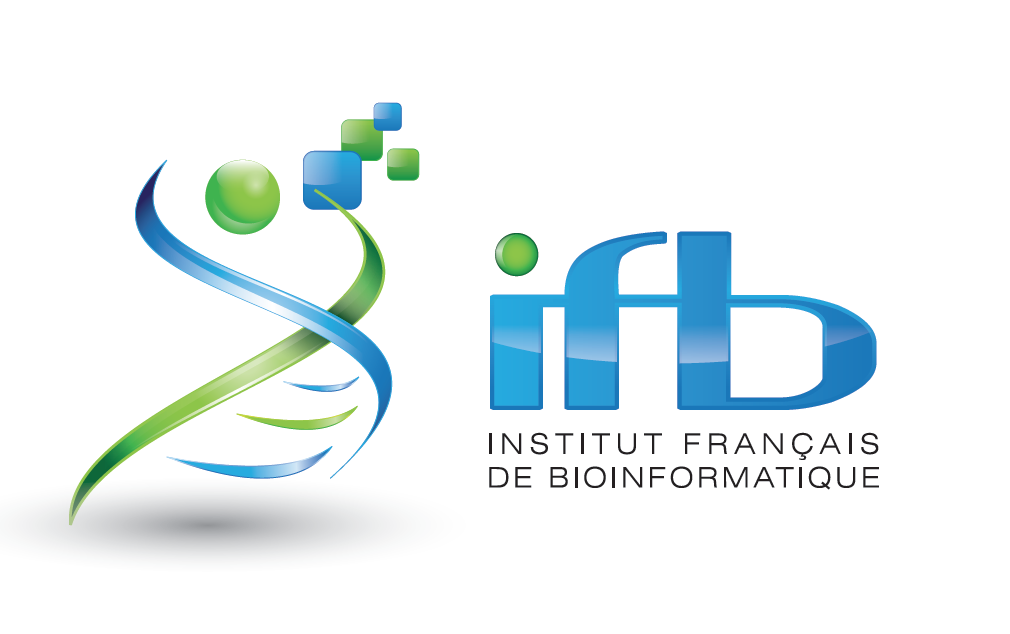 |
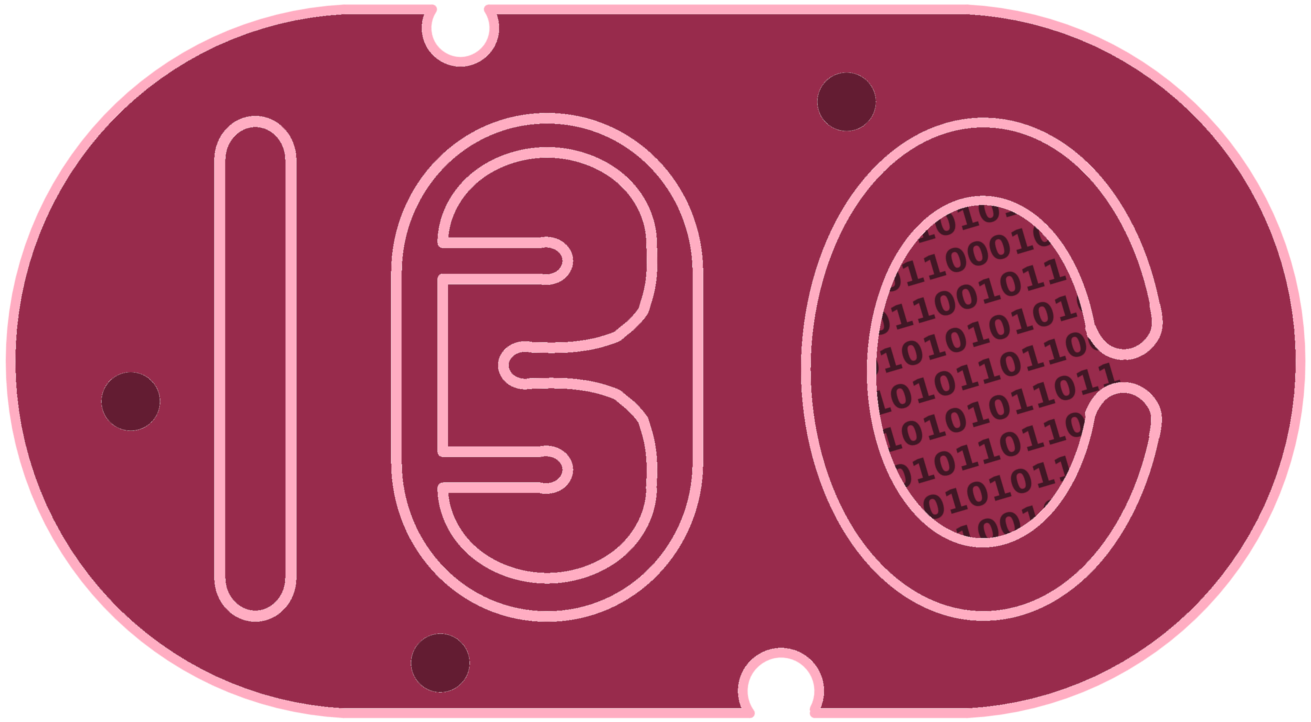 |
| Patinum | Platinum |
 |
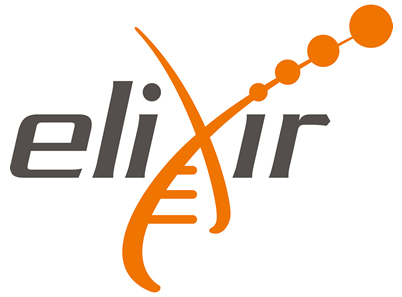 |
 |
| Gold | Gold | Gold |
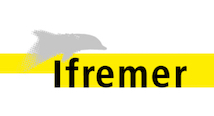 |
||
| Gold |
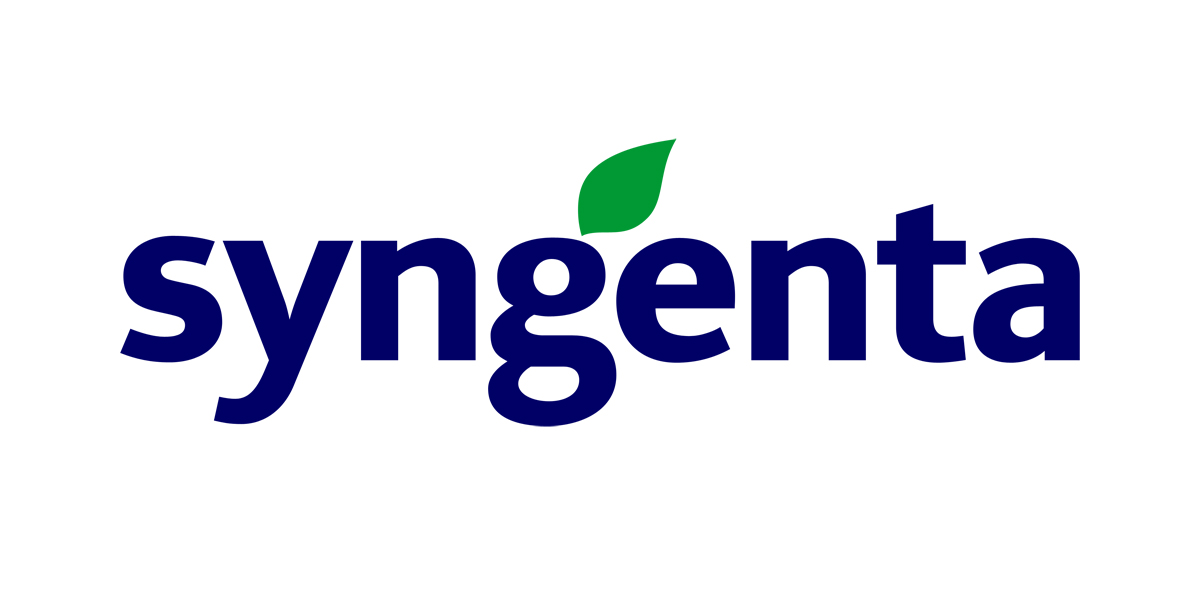 |
 |
 |
 |
| Silver | Silver | Silver | Bronze |
 |
 |
 |
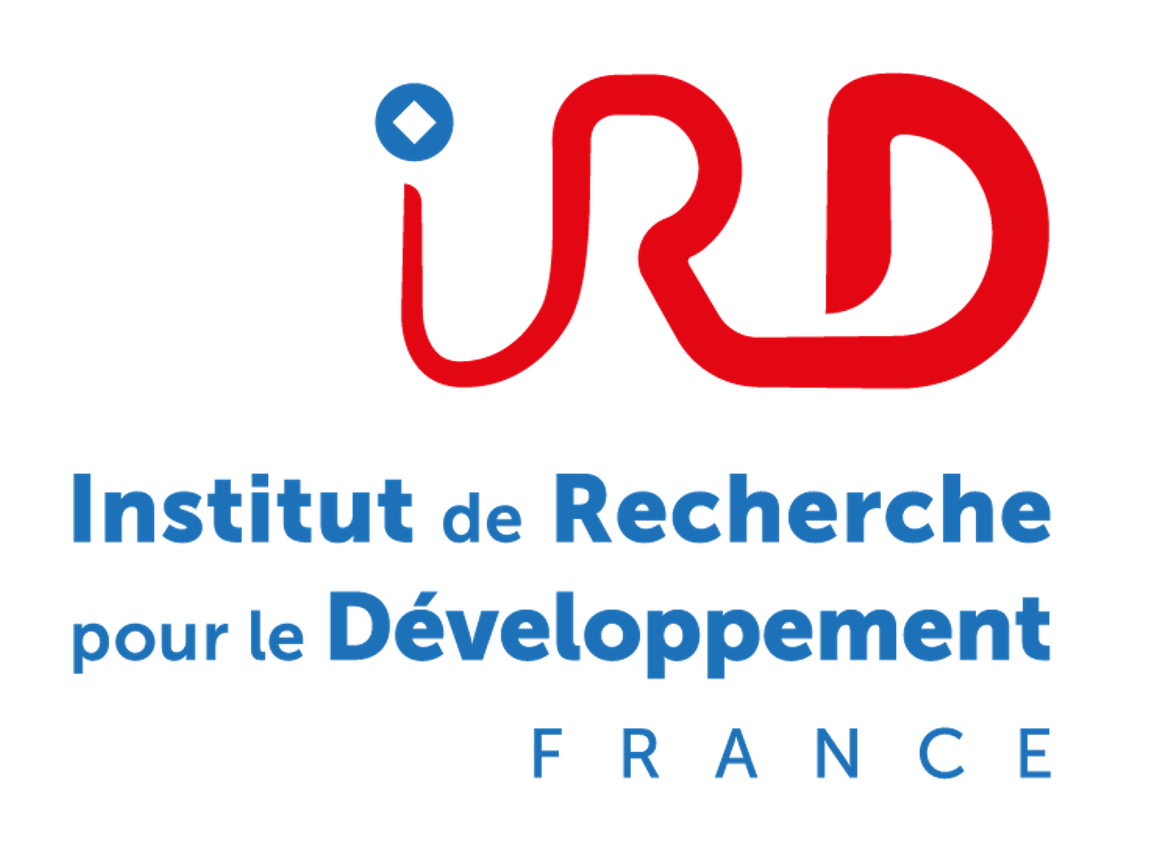 |
| Hack the Galaxy Giga | Training Sponsor | Travel fellowships / Galaxy Community Fund | IRD |
Enregistrer
Enregistrer
Enregistrer
Enregistrer
Enregistrer
| Online user: 1 | RSS Feed |

|
